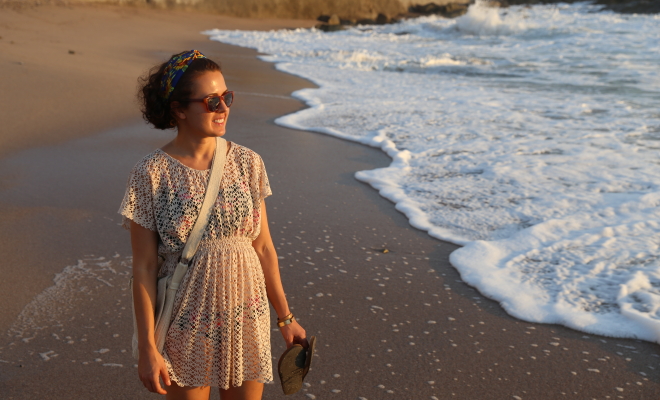
Existential Psychology
Choose To Be Happy
When people who are unhappy in their lives hear the well-meaning but usually unhelpful advice ‘choose to be happy’ you can’t really blame them for brushing off the comment as inane, saying something to themselves like “If it were that simple don’t you think I would have already done it? You have no idea what you’re talking about.”
But in our existential mode of thought ‘choose to be happy’ means something quite different from suddenly, magically experiencing a flood of positive feelings solely based on the decision to let them in. What we’re really talking about is priming. It’s like planting a seed. It’s throwing the gauntlet down. Choosing to be happy is an orientation towards the present and future, an orientation that creates the possibility for the desired change even though practically speaking nothing at all has changed.
The tension between freedom and destiny, between controllable and uncontrollable circumstances, between responsibility and victimhood, is an area where existential thought comes to the rescue. It recognizes the interplay between both sides, it recognizes their interconnectedness. It sees that regardless of your individual situation you do have certain limitations placed upon you, certain things that have happened to you and that will happen to you that are completely outside of your control. But at the same time you always retain the freedom to turn towards your individual set of circumstances as you see fit. Even in the extreme case where you can’t change anything at all about your life you still get to decide on your attitude towards your life.
We’ve written that every journey starts with the decision, not the first step. The decision is not the same thing as the journey but it is the necessary prerequisite for this journey. In the same way, choosing to be happy is not the same thing as being happy but it is a necessary prerequisite for this happiness.
In our existential sense you can think of the choice to be happy as the foundation upon which the house of happiness is built. You need the foundation there to support the structure. You need the unwavering decision to be happy to support all of the difficult changes in thinking patterns, behavioral patterns, and environmental contingencies that will be necessary to bring that happiness about. It all starts with the choice. When you take this fact into account ‘choose to be happy’ no longer seems like a platitude but instead becomes a powerful call to action.




